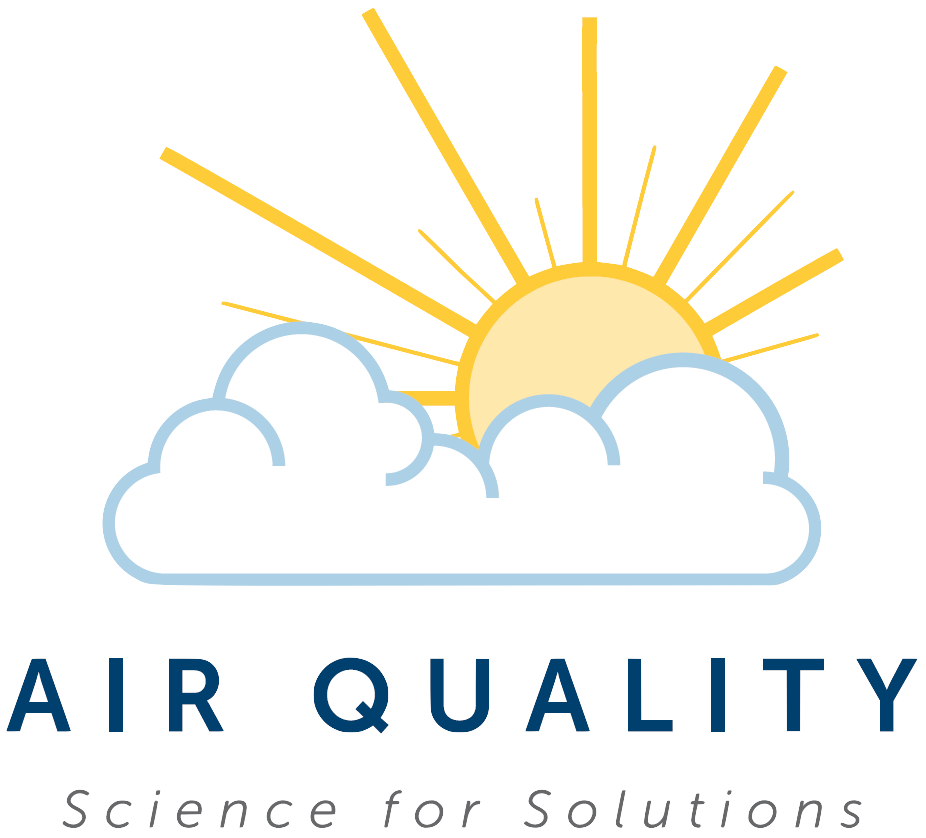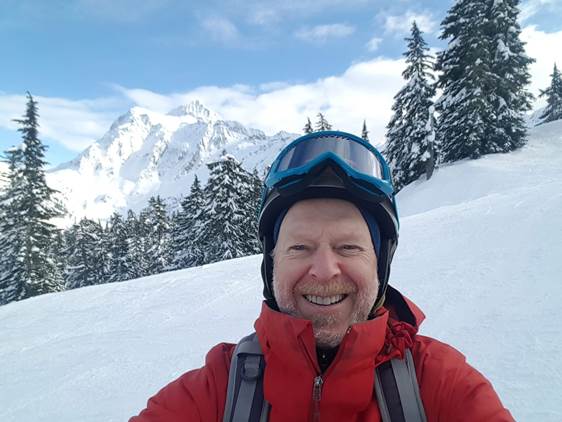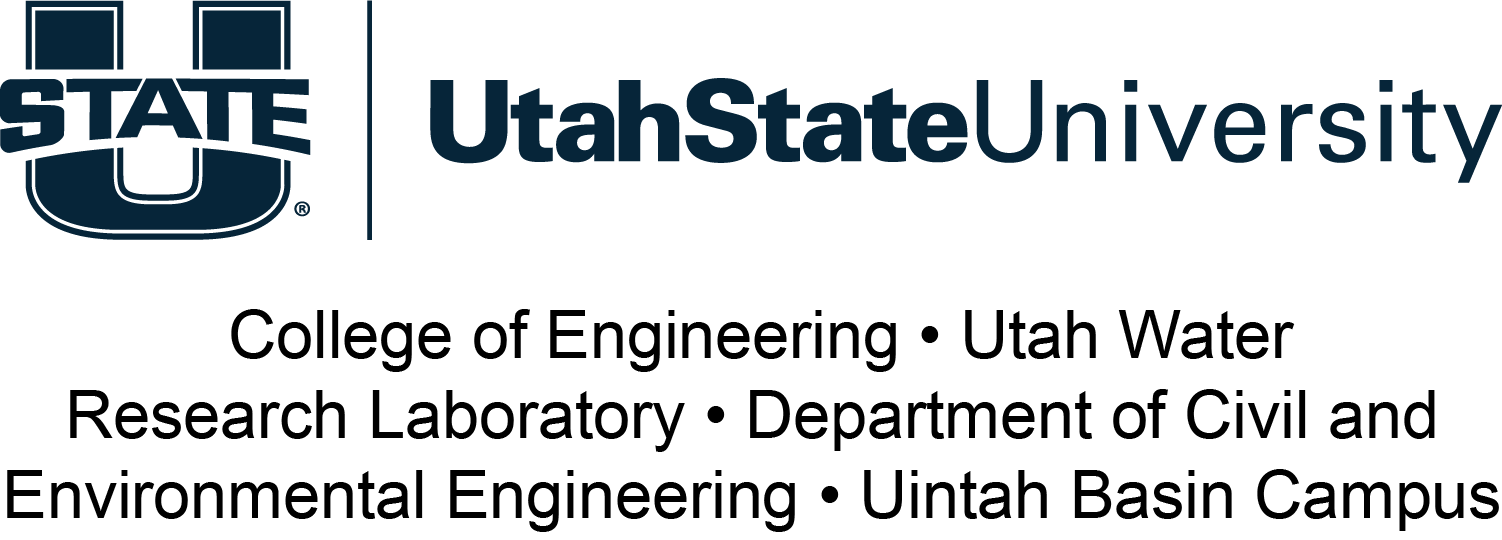
The conference will be LIVE at UDAQ this year (a streaming option will be available).
COVID Requirements will be the current recommendations from the Health Department.
7th Annual conference: Thursday,
March 30, 2023
Registration deadline: March 20, 2023.
Abstract
deadline: February 27, 2023.
Conference Schedule
You can download the 2023 Conference Flyer.
Air Quality: Science for Solutions - 2023
Air Quality: Science for Solutions is an annual conference on air quality, especially for Utah and the Intermountain West. It began with a pair of conferences by the same name hosted by the Utah Department of Environmental Quality, Division of Air Quality; the Program for Air Quality Health and Society at the University of Utah; and the Utah State University Bingham Entrepreneurship & Energy Research Center in 2015.The mission of this conference is to bridge divides that separate researchers of various disciplines from each other, from professionals in the industrial and regulatory realms, and from the public, and to facilitate a cross-pollination of ideas working towards the development of solutions.

|
Keynote Speaker: Dr. Dan
Jaffe
The Challenge of O3 and PM in the Western U.S: How low can we go? Our mission as air quality scientists is to improve public health and at the same meet the national air quality standards. To this end, it is essential to understand the full range of sources of key pollutants. The western U.S. has a unique blend of sources for PM2.5 and O3. Our job is to understand these sources and do our best to control those we can control. In this overview presentation, I will summarize what we know about PM and O3 sources in the Western U.S. with a particular emphasis on the Salt Lake City/Northern Wasatch Front region. |
Register and Submit an Abstract
2023 Preliminary "save the date" Conference Flyer
Conference Format:
The conference will return to a face-to-face format this year. There might be a virtual option if we can make that happen, details will be announced as we figure it out.
Topics
The subject of this conference is air science. Topic areas include atmospheric chemistry, health impacts, meteorology, emissions, modeling, and public policy. While this conference specializes in topics associated with air quality issues important to Utah and the Intermountain West, presentations on air quality topics that are related in some way will also be considered.
Oral Sessions
There are no parallel sessions. Oral presentations should be understandable, at least in part, to air scientists from all fields. A major goal of this conference is the crosspollination of ideas between fields of study. The oral talks are 10 to 12 minutes long with 3 minutes for questions and change over to the next talk.
Poster Sessions
The posters will be viewable at the conference for the duration of the conference. The breaks will be held near the posters to facilitate interaction. There will be a student poster competition as well.
UDAQ Academic Stakeholder Meeting
This is an independent group of regional academics involved in ongoing air quality research. A special meeting for the members of the UDAQ Academic Stakeholders group will be scheduled with this conference. Details will be released once the conference agenda has been finalized in the next week or two. Details on that group and the schedule will be announced on this webpage soon.
Our Supporters
This conference is made possible by the generous financial support of the following organizations:

Air Quality outreach program by the University of Utah and Dr. Kerry Kelly where children build air quality sensors with (augmented) Lego bricks.

Drone based air quality measurements being made by Dr. Kerry Kelly's research group at the University of Utah.



Dr. Seth Lyman's air quality research group measuring the air in the Uinta Basin no matter the conditions. Dr. Lyman is with Utah State University, Vernal.


